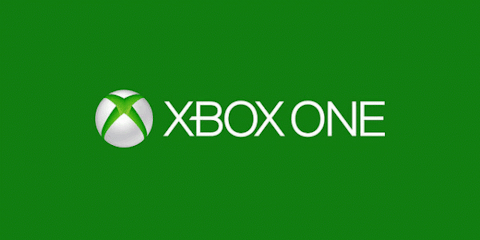In an attempt to quell a building storm against Microsoft Corporation (NASDAQ:MSFT)‘s new Xbox One, the company released more details this past week about digital rights management and online game play.
After keeping everyone in the dark, Microsoft Corporation (NASDAQ:MSFT) is finally opening up about how gamers will interact with Xbox One games, and it’s doubtful that gamers – or investors — will be happy with its decision.
The DRM’s in the details
In Microsoft Corporation (NASDAQ:MSFT)’s blog post yesterday, the company addressed the major points of contention, including an always-on console, game-sharing, and other digital rights management details.
Sure, the Xbox One will let users access their games from anywhere on the cloud, such as while logged in at a friend’s house, but gamers are likely to be more concerned about game reselling and sharing limitations.
On the Xbox Wire website, the company said, “Xbox One is designed so game publishers can enable you to give your disc-based games to your friends. There are no fees charged as part of these transfers. There are two requirements: you can only give them to people who have been on your friends list for at least 30 days and each game can only be given once.” (Italics added)
So gamers will only be able to sell or give away a disc-based game once, and the people who receive it have to be part of the sellers’ online list of Xbox friends for 30 days. Translation: Sharing just a got a whole lot more complicated.
When it comes to reselling and trading in games to stores, Microsoft Corporation (NASDAQ:MSFT) says the option will be there, but game publishers will decide the extent of the conditions.
Who knew personal property could be so hard to sell?
Always-on turns gamers off
Xbox also clarified the idea of an always-on Internet connection for the new console, saying that it would have to be connected at least every 24 hours — or once every hour if users are accessing games from a console they don’t own — for users to use the gaming portion of the device.
In a separate blog post, Xbox said, “Offline gaming is not possible after these prescribed times until you reestablish a connection, but you can still watch live TV and enjoy Blu-ray and DVD movies.” So basically, it needs to be connected almost all of the time for users to play games. It can be argued that most people buying an Xbox One console will have a high-speed Internet connection, but it’s easy to think of scenarios where users would want to play games and won’t have access to the Internet.
Deal-breaker or no big deal?
The big question is whether the reselling restrictions and (almost) always-on requirement will make gamers shy away form the device. Microsoft Corporation (NASDAQ:MSFT) seems to have sided more with gaming companies, rather than users, by instituting some of these hurdles. The Xbox One definitely doesn’t come across as an open device that encourages sharing and community-0building — something the previous Xbox did well.
So far, Microsoft has turned off the only group of people who are actually interested in the device. At this point, it doesn’t seem that the Xbox One has made any waves with the average electronics consumer looking for a streaming device, particularly when a Roku unit can be had for just $50 and the Xbox One is estimated to start around $400.
Although the Xbox One was highly anticipated, investors should take note of the disappointment surfacing within the gaming community. That’s not to say that Microsoft won’t sell a lot of units, but it may not enjoy the console dominance it’s experienced over the past few years.
The article Is the New Xbox Killing the Gaming Community? originally appeared on Fool.com and is written by Chris Neiger.
Fool contributor Chris Neiger has no position in any stocks mentioned. The Motley Fool owns shares of Microsoft.
Copyright © 1995 – 2013 The Motley Fool, LLC. All rights reserved. The Motley Fool has a disclosure policy.




